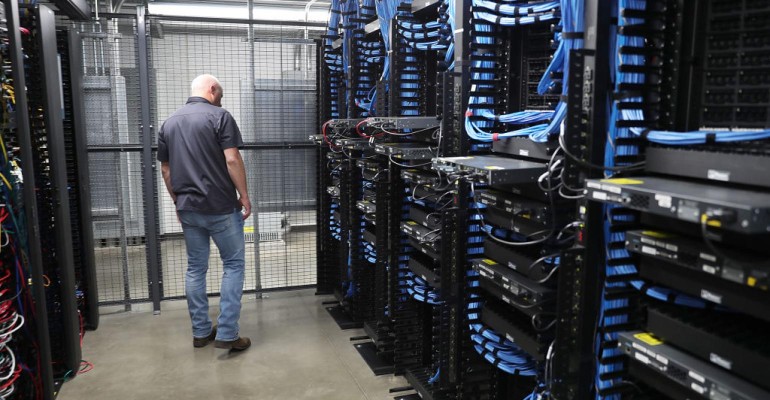My own, personal mail to think about a crisis crippling or perhaps destroying their data center. Speculate hurricane several days are finished for Atlantic and Gulf Coast states, wildfires are raging in La. Earthquakes undoubtedly are a constantly-present danger. Disaster planning is moving greater within the priority list for a lot of data center managers.
Disaster recovery (DR) planning typically focuses on data protection and application availability. Most organizations consider the information maintained on servers and storage devices to acquire infinitely a larger factor in comparison to technology itself. However, DR plans also needs to include provisions for safeguarding equipment from physical damage.

Location: Ideally, data centers might be located in a geographic area that is not vulnerable to natural disaster. That’s rarely possible, so organizations must do the most effective they may to isolate it inside the disaster that does occur. Meaning selecting the region inside a interior room or perhaps in the very best as being a extended way abroad home home home windows as you possibly can. In places where hurricanes and tornadoes will be the finest threat, an undercover location may be the most suitable choice (unless of course obviously clearly clearly flooding is a concern). In earthquake zones, you need to pick a correctly-built building that’s compliant when using the latest codes.
Backup Power: Power outages unquestionably really are a leading reason for equipment downtime, and UPS failure could be the No. 1 reason for unplanned equipment outages. UPS should be carefully selected, implemented and maintained to make certain a reliable way to get conditioned power acquiring a controlled current level.
Fire Suppression: Many data centers rely on conventional sprinkler systems, but water can destroy equipment and cause other difficulties too. A much better approach should be to train round the dry “pre-action” system that will extinguish most fires before the watering is activated. Modern fire-suppression systems use halo-carbons, which remove heat from fires, or inert gases, which deny them of oxygen. Both can provide excellent fire suppression once the strategy is properly designed, installed and tested. The fireside alarm should be tested – whether it is faulty, the fireside-suppression system might not be activated.
Ton Control: Once the data room are available in a good deal-prone area, a pumping system should be installed. The system should activate instantly and be associated with generator power so that it continues operation once the electric grid goes lower.In case there is a blackout, it is important to have a portable generators on standby.
Earthquake Protection: In earthquake-prone areas, you have to select racks and cabinets that are rated to endure seismic activity. The device usually have particular wall mounts enabling you to connect them securely for your floor.

Flexible Processes: Data center personnel should understand their responsibilities and be completely competed in DR procedures. Equipment should be monitored by a few person whatsoever occasions. Run-books should be stored up-to-date to ensure that equipment might be retrieved or reconfigured quickly to tug up quickly. DR processes should be well-documented but versatility is important. Personnel should feel empowered to produce decisions and improvise while using problem at hands.
Test: In a number of organizations, the DR plan’s rarely, when tested. This program should be tested no under two occasions yearly and updated since the atmosphere and business priorities change.
These 7 steps may help build design an accommodating and resilient data center infrastructure and select systems that will safeguard your valuable equipment.
